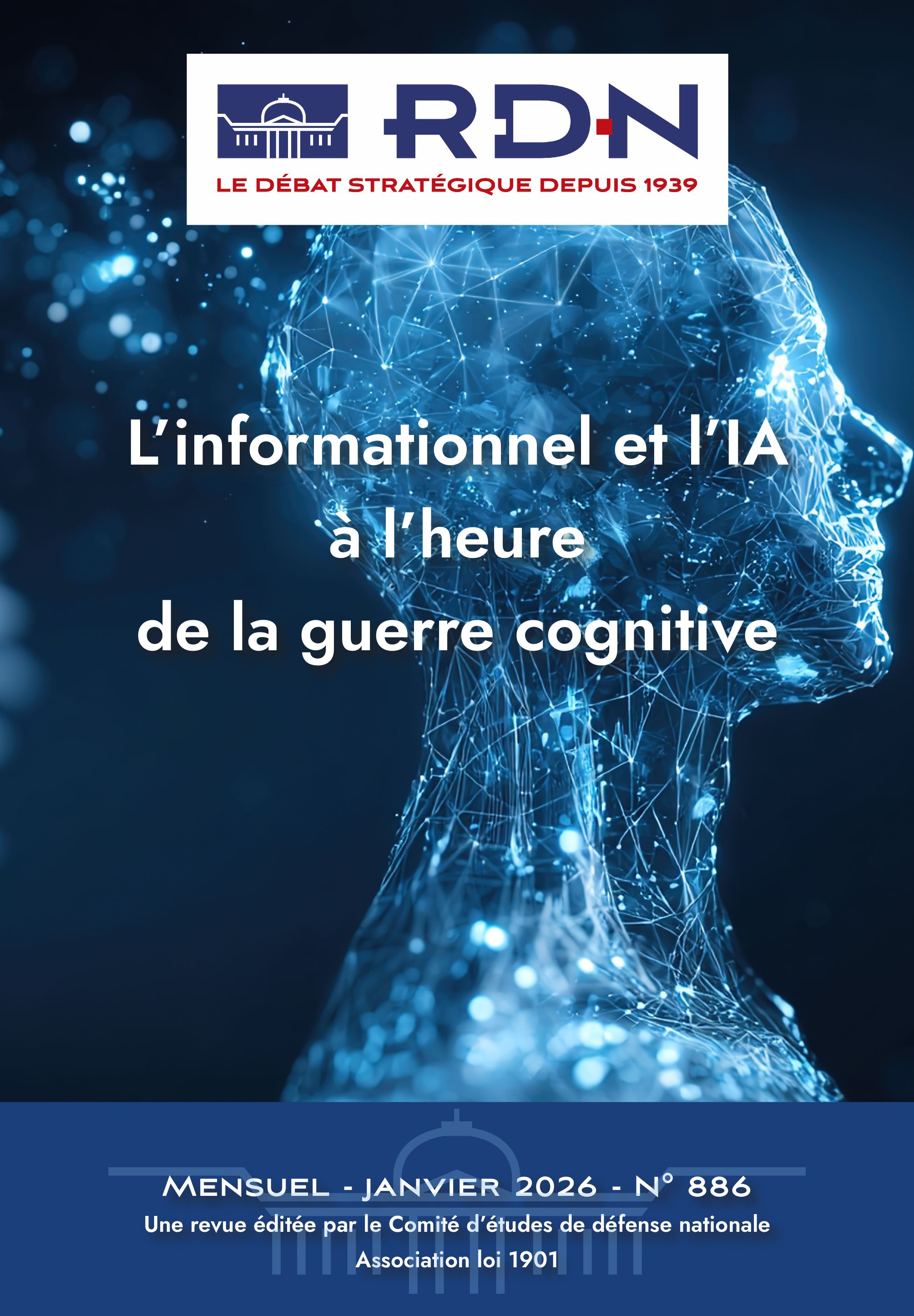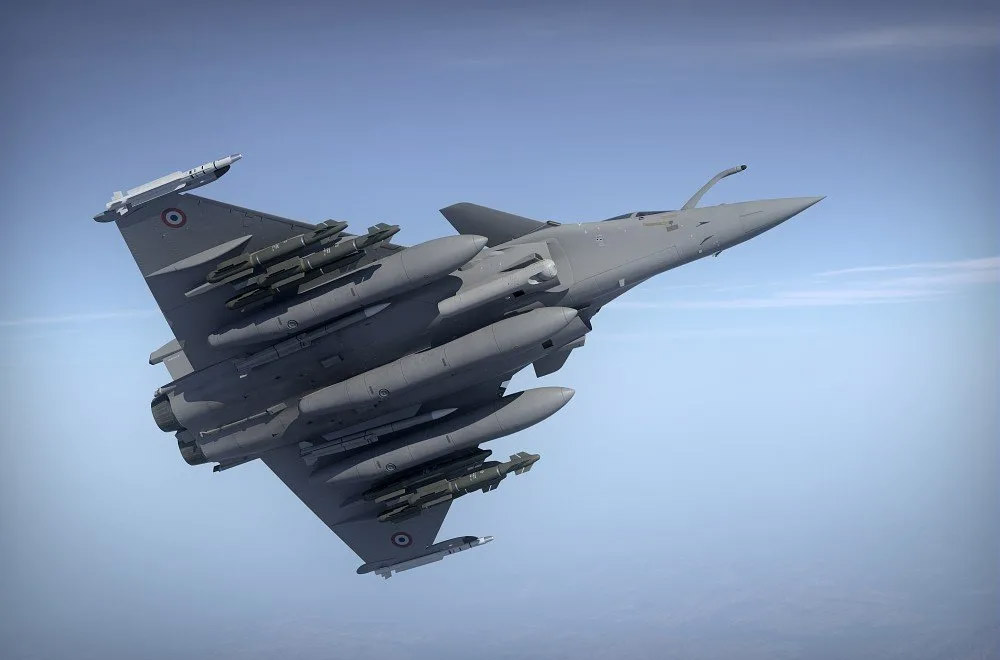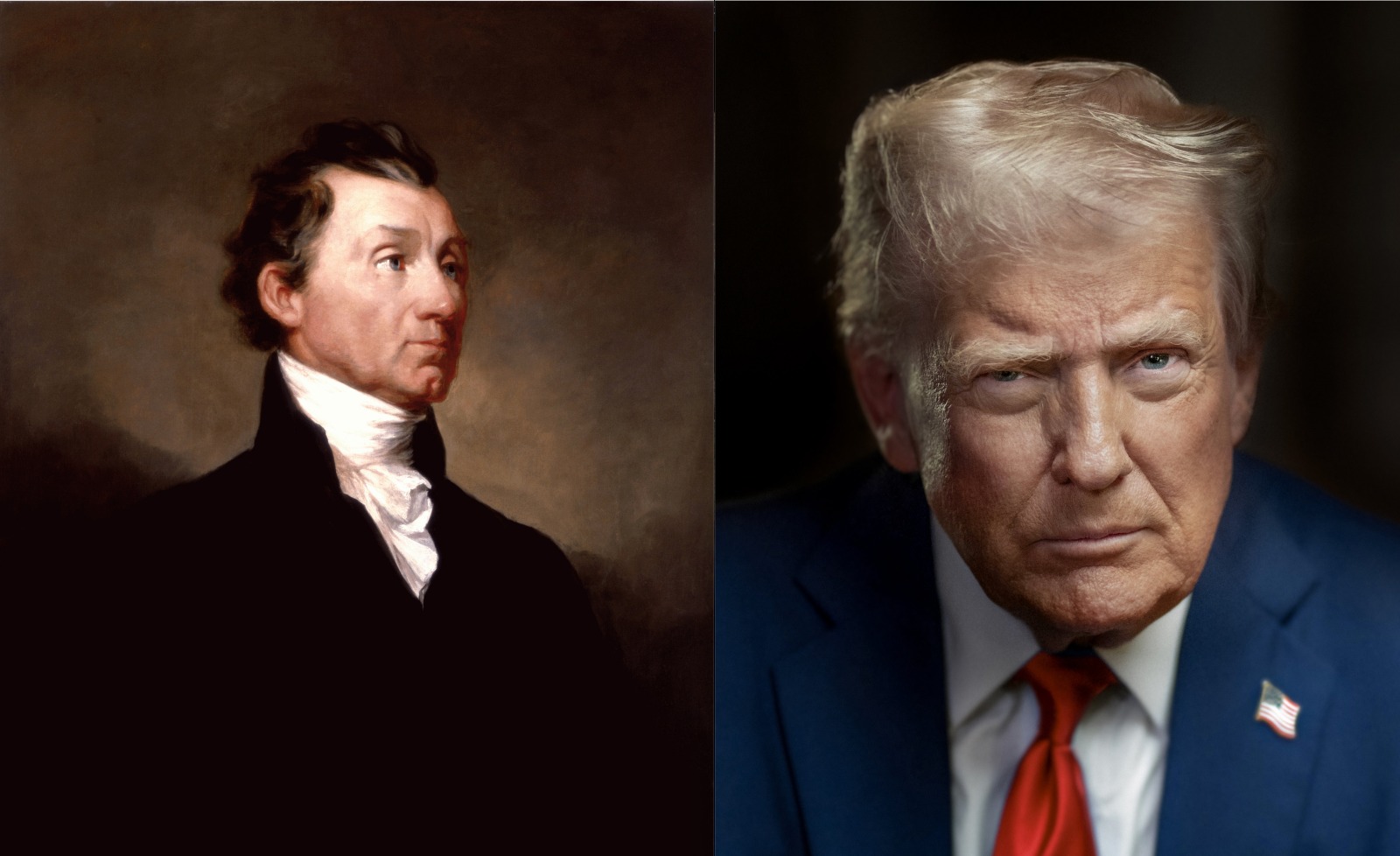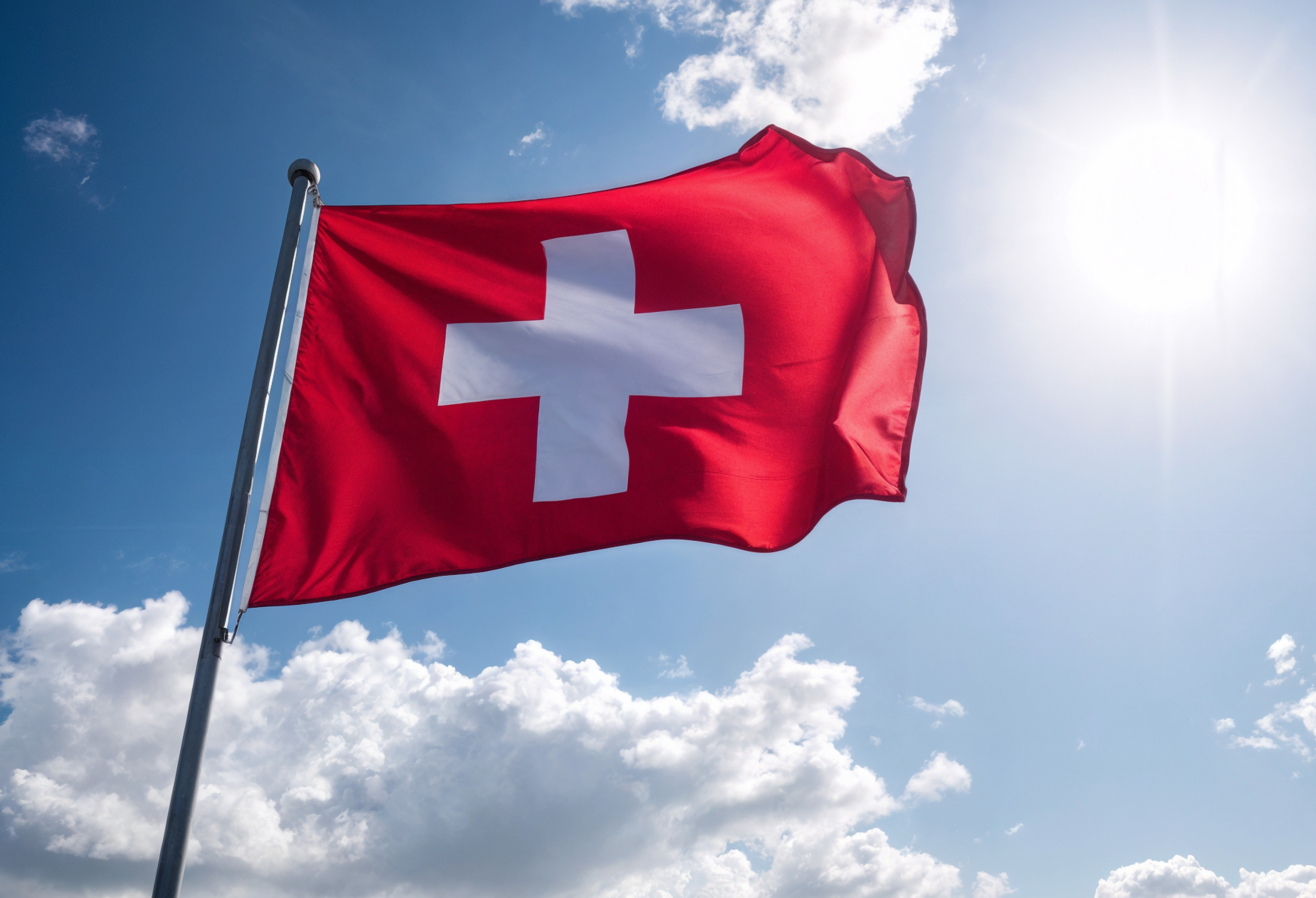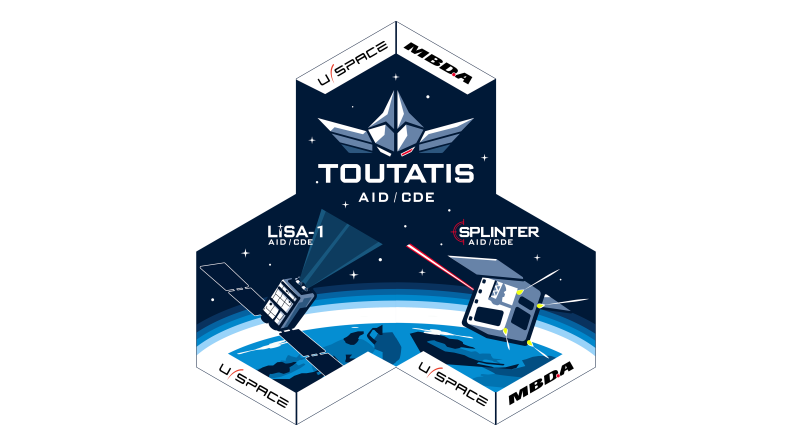In international relations, the criteria of power are customarily presented as a question of numbers, mass, surface area, economy, diplomatic alliances, military might and so on. However, beyond this inventory of ways and means, the essential element is to be found in the meaning accorded to identity and purpose. This is not to propose a corrected version of the inventory, rather to draw attention to the relativity of traditional factors. To gauge capabilities it is not enough to draw up a framework or sketch a format: power lies more in renewed ambition and shared aims: alongside an organised and armed entity, there must already exist a shared sense of purpose, directed to a common destiny.
This assertion is illustrated by recent reflections on defence in France: more than just a matter of having the organisations and equipment for the relevant activity, defence must also, and perhaps above all, be based on a shared identity and a will to work together, if it is to be a durable and consolidated power rather than just a reservoir of capabilities.

